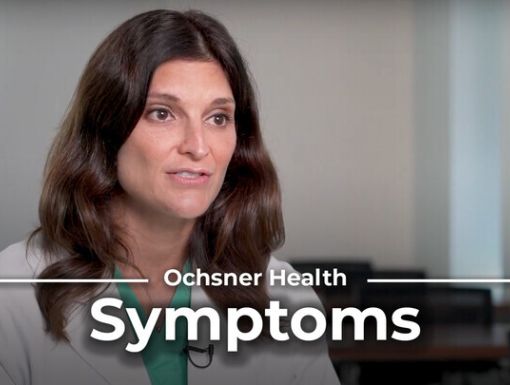
4 Strategies for Black Mothers to Protect Mental Health
Maternal Mental Health Week, celebrated annually the first week of May, helps increase awareness toward improving the quality of care for women experiencing perinatal or postpartum mood and anxiety disorder, and reducing the stigma of maternal mental illness. Maternal mental health is a topic that is slowly gaining more traction in the health care community. We recognize that mothers deserve better mental health treatment after the birth of their baby. With that being said, one group is still very much underserved, and that group is Black mothers. Last month we celebrated Black Maternal Health Week, and we want to continue to emphasize the importance of this issue.
Studies have shown that Black mothers are more likely to develop a perinatal mood and anxiety disorder. The national average for postpartum depression is anywhere from 15%-20%, and for Black mothers, it is closer to 40%. The reason for this stark difference is due to factors such as socioeconomic status, systemic racism, lack of access to quality care, gaps in health insurance, financial barriers and exposure to generational trauma, to name a few.
The obstetric and mental health statistics for Black mothers are troubling. Black women are 3-5 times more likely to experience a pregnancy-related death than white women. Black infants also have a higher mortality rate than white babies. Black mothers are more likely to suffer from perinatal mood and anxiety disorders. Also, research indicates that Black women receive lower quality care than white women. This is just a short list of the troubling statistics Black mothers face when bringing a child into the world.
So, what do Black mothers do to protect themselves during this period? If you are a Black mother, these are some tools to remember during this time:
1. Know common symptoms of postpartum depression and anxiety.
- Crying more often
- Increased irritability
- Feeling numb, empty or struggling to connect to baby
- Feeling like a burden
- Doubting your skills as a mother
- Excessive worrying about baby
- Increased/decreased sleep or appetite
- Racing thoughts, mostly about baby
2. Advocate for yourself. Women have come to me and told me that they don’t feel heard by their providers. Remember that your doctor/provider works for YOU! You are in charge, and if you do not feel like you are being heard, then request a change! The relationship between a woman and her OB/GYN is very important. You want to trust this person with your life and your child’s life.
3. Know what resources are available to you. When you meet with your OB/GYN, ask them if they know of a therapist, pelvic floor physical therapist, lactation consultant, psychiatrist, pediatrician or support group. Talk to them about other resources that they would recommend or suggest for you. They may or may not know that you are struggling with a certain problem. Do not be afraid to speak up and ask for what you need help with during this period.
4. Talk to your mom friends. Remember that support is one of the biggest protective factors during the pregnancy and postpartum period. Many mothers feel isolated during this time. They think that they are the only person to go through this or have these feelings and that is not true! Many moms will understand the hardship of these periods and can be an excellent shoulder to lean on.
Mothers are the backbone of our society, and we need to care for our Black mothers and infants! If you are a mother and are struggling with mental health symptoms, reach out to your provider, and they can connect you with a certified perinatal mental health therapist. Learn more about resources for Black mothers.
Learn more about Cassandra Rockweiler, LCSW



